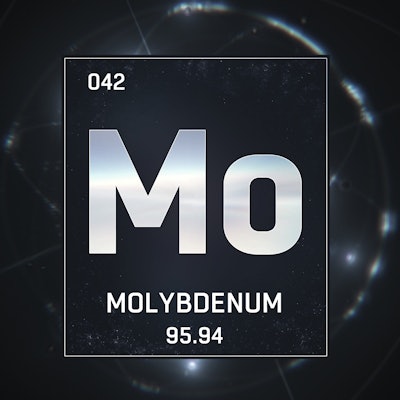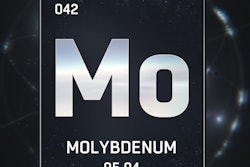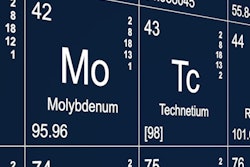
The U.S. Department of Energy (DOE) is moving to allow the export of weapons-grade uranium, the same substance used to manufacture medical isotopes, such as molybdenum-99 (Mo-99).
The DOE waived its two-year ban on exporting licenses issued by the U.S. Nuclear Regulatory Commission, in part so that Belgian radioisotope producer Institute for Radioelements could obtain highly enriched uranium (HEU) to make Mo-99 and other isotopes, according to a report on 8 January by Reuters.
The DOE's action was revealed in a letter on 2 January from Dan Brouillette, U.S. secretary of energy, to the U.S. House of Representatives' energy committee. Brouillette told the lawmakers that Mo-99 produced outside the U.S. is needed to meet nuclear medicine imaging demands in the U.S., according to the report.
Opponents of the DOE policy allege that the release of HEU could increase the risk of nuclear proliferation and adversely affect U.S. and foreign companies that are converting to safer Mo-99-producing materials, such as low-enriched uranium.



















